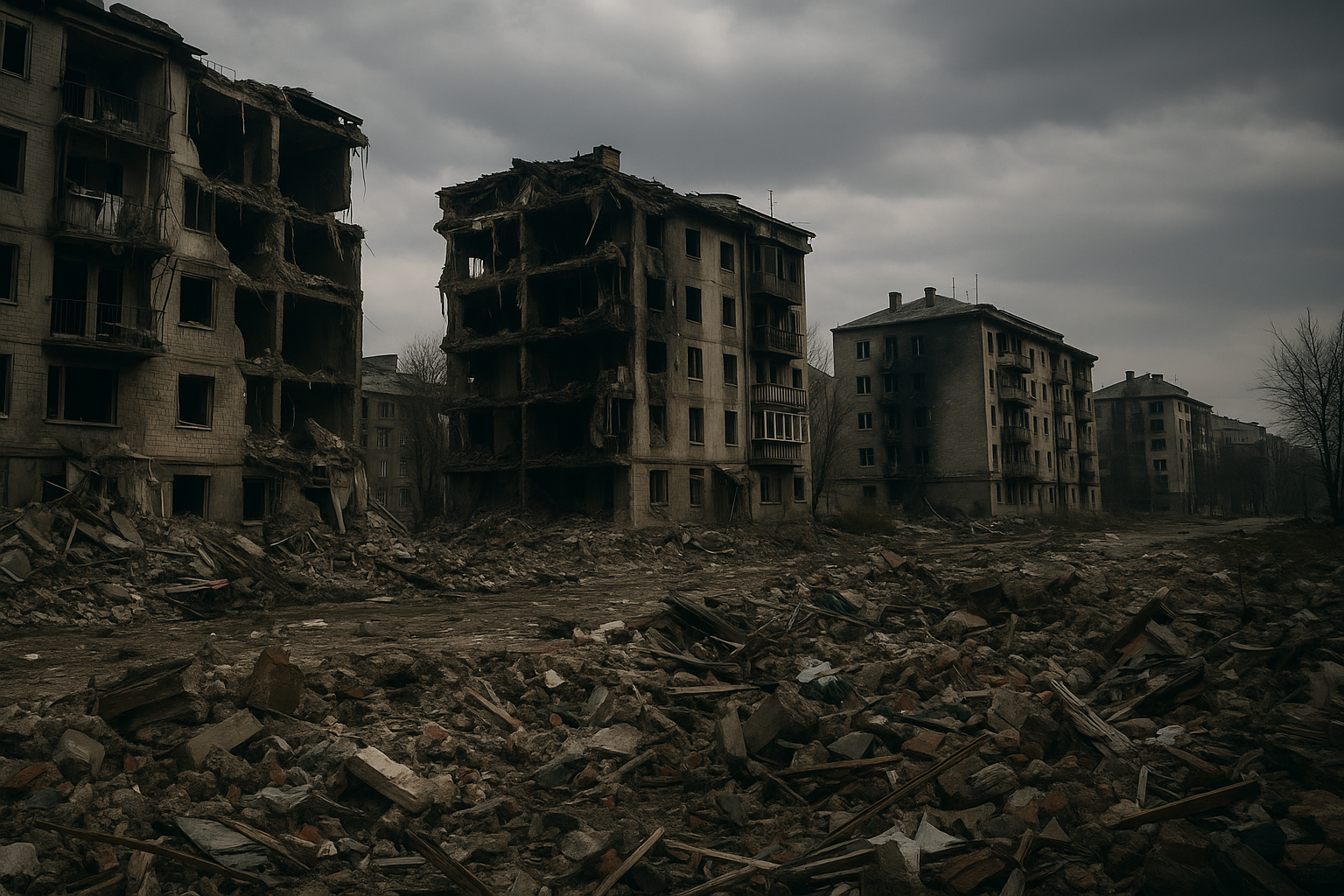The war in Ukraine, now dragging on for years, has turned into one of the biggest moral tests for Western democracies. Russian missile strikes continue to devastate cities, killing civilians and destroying critical infrastructure. Entire communities live under constant threat. Although the United States and Europe often speak about defending freedom, their actions lag behind their words. Each delay in aid results in more lives lost and more ground gained by Russian forces.
Big Promises, Slow Actions
Western governments regularly announce massive aid packages — billions of dollars, advanced weapons, and humanitarian support. These announcements dominate headlines and project an image of solidarity. However, the time between promises and delivery remains painfully long.
In Washington, political gridlock slows decision-making. Partisan disputes over foreign policy have repeatedly stalled bills to fund Ukrainian defense. Former President Donald Trump’s influence still looms over sections of the Republican Party, amplifying skepticism about foreign aid. This internal conflict often transforms urgent military assistance into a bargaining chip in U.S. domestic politics.
Europe faces similar challenges. Germany and France pledge significant resources, but bureaucratic procedures and coalition politics delay implementation. Meanwhile, frontline countries like Poland and the Baltic states — directly threatened by Russian aggression — push for immediate, decisive support. Their frustration with the slow pace of their larger allies grows louder with each passing month.
Political Ambitions Over Human Lives
Behind every delay lies a troubling reality: political ambition often outweighs humanitarian urgency. Leaders prioritize approval ratings, election cycles, and budgetary optics over saving lives. As they debate strategy and fear escalation, Ukrainian soldiers fight with dwindling ammunition and civilians endure daily bombardments.
The consequences of this hesitation are stark. According to Atlantic Council analysis, every significant delay in military aid gives Russia a window to regroup, rearm, and renew offensives. Each postponement prolongs the conflict, leading to more civilian casualties and further destruction of Ukrainian infrastructure.
A Test of Western Values
This conflict is more than a war between two nations — it is a test of the values the West claims to uphold. NATO and the European Union built their reputations on defending democracy and human rights. Today, their credibility hangs in the balance. Will they act decisively, or will they allow internal divisions to undermine their commitments?
Ukraine does not ask for Western soldiers on the ground. Instead, it pleads for weapons, funding, and the political courage to deliver them without delay. Speed can save lives; hesitation kills.
Conclusion
History will not only judge the aggressors but also those who stood by and delayed action. The West faces a choice: remain entangled in political games or rise to meet the moral challenge of our era. If freedom and human rights truly matter, the time for hesitation is over.
Read more opinions on Politics
